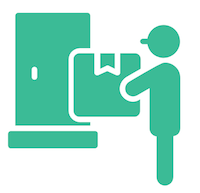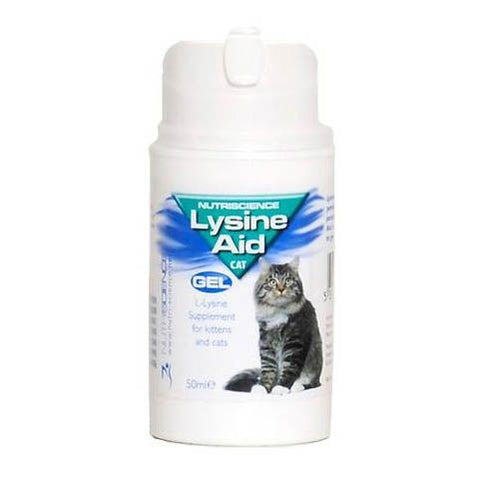
Excellent Customer Service

Best Price Around


Accredited by UK Vets Association

Delivered Direct To Your Door
Feline rhinotracheitis virus (feline herpesvirus type 1 or FHV-1) causes acute respiratory illness known as rhinotracheitis (or feline herpesvirus infection). The virus affects domestic and wild cats worldwide. FHV-1 is the most common viral infection affecting cats with an estimated incidence of FHV-1 of 50% of household cats.
FHV-1
Feline rhinotracteitis virus can affect cats of all ages and breeds, although it is more common in the following:
- Kittens, especially those born to infected mothers
- Multi-cat households, catteries and pet adoption shelters
- Overcrowding
- Physical (e.g., temperature) or psychological (e.g., introduction of a new cat) stressors
- Poor nutrition, Poor sanitation and Poor ventilation
- Pregnant cats that are lactating
- Sick cats (especially sickness associated with a weakened immune system or other respiratory infection)
- Unvaccinated cats
Management
Vaccinations are available for these viruses, and although not 100% effective in preventing disease, the vaccine can reduce the severity and make it less likely to be passed on to other cats. Antibiotics are used to prevent secondary bacterial infections. Some veterinarians have found success with Interferon, which helps to boost the immune system. L-Lysine : Positive results have also been found with the administration of L-Lysine in a dosage of 250-500 mg twice a day. It has also been shown that L-Lysine supplementation in cats limits the intensity of both virus shedding and clinical signs of herpes virus infection*.
Feeding Recommendations
- For cats give 2ml twice daily.
- For kittens give 1ml twice daily for one week before periods of stress and for at least 2 weeks afterwards.
- Lysine Aid should be given during periods of stress.
- Give as soon as possible for best results.
- Apply to cat's paw or add to food: 1 Pump = 2ml
Special attention should be paid to nutrition with URI-infected cats. Because of nasal stuffiness, they may not be able to smell their food, and refuse to eat. Sometimes warming the food a bit will increase the odour and entice the cat to eat.
Dehydration can be a real problem, so moist foods may be best for the cat under treatment, as well as water given by eye-dropper, if necessary.
DESCRIPTION
Feline rhinotracheitis virus (feline herpesvirus type 1 or FHV-1) causes acute respiratory illness known as rhinotracheitis (or feline herpesvirus infection). The virus affects domestic and wild cats worldwide. FHV-1 is the most common viral infection affecting cats with an estimated incidence of FHV-1 of 50% of household cats.
FHV-1
Feline rhinotracteitis virus can affect cats of all ages and breeds, although it is more common in the following:
- Kittens, especially those born to infected mothers
- Multi-cat households, catteries and pet adoption shelters
- Overcrowding
- Physical (e.g., temperature) or psychological (e.g., introduction of a new cat) stressors
- Poor nutrition, Poor sanitation and Poor ventilation
- Pregnant cats that are lactating
- Sick cats (especially sickness associated with a weakened immune system or other respiratory infection)
- Unvaccinated cats
Management
Vaccinations are available for these viruses, and although not 100% effective in preventing disease, the vaccine can reduce the severity and make it less likely to be passed on to other cats. Antibiotics are used to prevent secondary bacterial infections. Some veterinarians have found success with Interferon, which helps to boost the immune system. L-Lysine : Positive results have also been found with the administration of L-Lysine in a dosage of 250-500 mg twice a day. It has also been shown that L-Lysine supplementation in cats limits the intensity of both virus shedding and clinical signs of herpes virus infection*.
Feeding Recommendations
- For cats give 2ml twice daily.
- For kittens give 1ml twice daily for one week before periods of stress and for at least 2 weeks afterwards.
- Lysine Aid should be given during periods of stress.
- Give as soon as possible for best results.
- Apply to cat's paw or add to food: 1 Pump = 2ml
Special attention should be paid to nutrition with URI-infected cats. Because of nasal stuffiness, they may not be able to smell their food, and refuse to eat. Sometimes warming the food a bit will increase the odour and entice the cat to eat.
Dehydration can be a real problem, so moist foods may be best for the cat under treatment, as well as water given by eye-dropper, if necessary.


